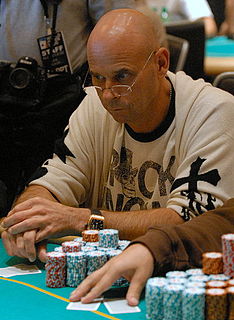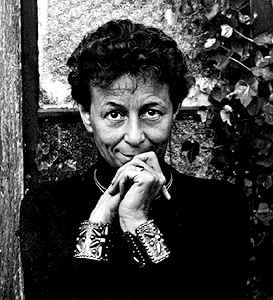A Quote by Ren Ng
Camera 1.0 was film. Camera 2.0 was digital. 3.0 is a light-field camera that opens all these new possibilities for your picture taking.
Quote Topics
Related Quotes
If you need to strap a camera to you or get in a small space, then it makes sense to use digital.I do think it is possible to use a digital camera artistically, but it can only be good if you are using film technique. Film has grain, and digital has pixels, and there is not that much of a difference, but digital does not replace the need to create a scene and light it properly and spend time considering the shot.
I have received the digital camera as a blessing. It has really changed my life as a filmmaker, because I don't use my camera anymore as a camera. I don't feel it as a camera. I feel it as a friend, as something that doesn't make an impression on people, that doesn't make them feel uncomfortable, and that is completely forgotten in my way of approaching life and people and film.
The camera has a mind of its own--its own point of view. Then the human bearer of time stumbles into the camera's gaze--the camera's domain of pristine space hitherto untraversed is now contaminated by human temporality. Intrusion occurs, but the camera remains transfixed by its object. It doesn't care. The camera has no human fears.
Film, television, and working with a camera is such an intimate art form that if a camera is right on you, and I've got your face filling the screen, you have to be real. If you do anything that is fake, you're not going to get away with it, because the camera is right there, and the story is being told in a very real way.


































